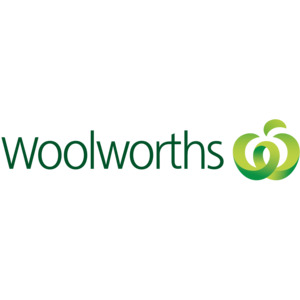‘Invisible Zinc Sport Mineral Sunscreen with SPF 50+ and 4-hour water resistant is a broad spectrum very high UVA/ UVB naturally sourced zinc oxide shield‘
I read an NZ study that concluded this was not 50+ (only 38) but it’s a good product regardless.





Sorry but these so-called 'studies' tend to cause fear-mongering amongst consumers and spread misinformation about legitimate products that go through rigorous testing, especially one that has earned a rating as high as SPF50+ in Australia from the TGA (where sunscreen standards are the strictest in the world). Admittedly, there have been real scenarios of labs faking sunscreen tests without manufacturers' knowledge, but so many factors come into play that may have resulted in a less than favourable outcome in these sunscreen tests. These can include but are not limited to; inconstent batches made, poor storage leading to breakdown, poor preservation formula leading to breakdown, formula changes without retesting, inadequate amounts applied..
Here is a response from Moogoo, another brand that had its SPF40 sunscreen called out in the 2019 Consumer NZ 'study' for 'failing to meet their SPF claim':
".. We think the testing could be more 'real-world'…not just a test 20 minutes after application. We have done way more SPF testing than required on our sunscreen. Along with the initial SPF tests we have also done broad-spectrum tests, waterproof testing and we re-tested it again after 18 months. The range is always between SPF 44 and 40. So we were pretty ropable when we saw this article online. Basically, it tested 20 sunscreens and found 9 of them didn’t meet their SPF claim. Fair enough some were way off. But according to them, ours was tested at SPF 38.5 instead of 40. They use the same laboratory we do who we just spoke to. What Consumer NZ didn’t understand is there's a margin of error in these tests because they're using such small amounts on “human volunteers.” Check out the graph below to try and see the difference between SPF 40 and 50, let alone 38.5 and 40. The margin of error is around 10%."
If the product has been approved by the TGA, is currently for retail sale and not under a recall, trust that it is safe and up to standard. I just wanted to put this out there so that people can make an informed decision when choosing sunscreens.
P.S. If you are using skincare but no/not enough sunscreen in your daily routine, you may as well throw your products into the bin. Skincare starts with sunscreen.